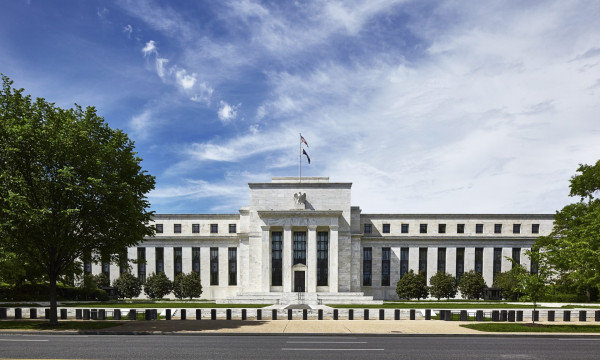Fed Faces Mixed Signals From Tariffs, CFO Surveys

The Federal Reserve faces challenges from corporate survey data and trade tensions which make it difficult to determine the right time for interest rate reductions. The recent data collected from U.S. chief financial officers and global executives presents a confusing economic situation because of inflation concerns and declining market demand.
The surveys conducted by the Atlanta and Richmond Fed branches together with Duke University reveal that CFOs intend to increase prices among all businesses regardless of tariff exposure. The Dun & Bradstreet global executive survey demonstrated similar caution because businesses expect inflation while also preparing for reduced revenue.
The Federal Reserve showed reduced confidence about its earlier projection of two interest rate cuts during the June meeting. The strong June employment numbers have already made it less likely for a quick rate adjustment while President Trump's demands for strong rate cuts and Fed Chair Jerome Powell's resignation have intensified political pressure on the Fed.
Treasury Secretary Scott Bessent expressed that the current Federal Reserve policy stance is "a little off" which reflects White House concerns about the central bank's conservative approach.
Some members of the Federal Reserve believe that inflation caused by tariffs will be short-term so they do not support continued monetary tightening. Other members of the Federal Reserve worry that fundamental inflationary forces will continue to exist. The upcoming July 29-30 policy meeting may provide insight but the rising economic uncertainties might push back any potential decisions.
The current rate path remains unclear because of the existing trade disputes.

Dominic Maley is an American journalist recognized for his sharp and insightful reporting on social and political issues. His work is known for its depth, integrity, and the ability to highlight critical societal concerns.